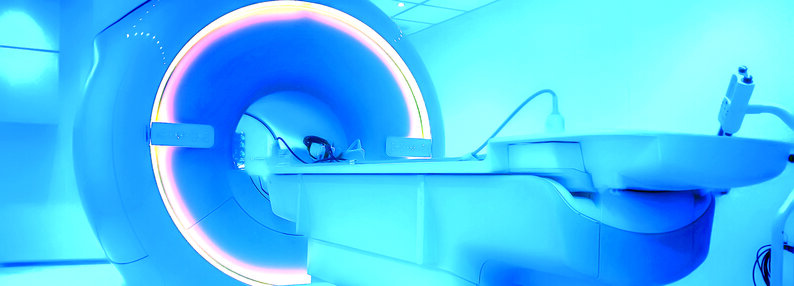


Market and sector review
Global equity markets continued to post positive returns in the month of February. More cyclical areas of the market, which are more sensitive to the state of the world economy, performed particularly well; consumer discretionary, industrials, financials and information technology outperformed more defensive sectors such as utilities and consumer staples. Unsurprisingly, the healthcare sector lagged the broader market during the month. On a subsector basis, managed care, biotechnology and healthcare information technology had generally negative returns, while pharmaceuticals, life science tools and services, and healthcare supplies performed well.
The Company’s NAV was up +6.0% in February, ahead of the benchmark, the MSCI All Country World Daily Net Total Return Health Care Index, which was up +3.1% for the month (both figures in sterling terms).
Macroeconomic data reported during the month painted a mixed picture, leaving the debate on the path of the global economy wide open. US inflation came in hotter than expected, putting short-term pressure on bonds and equities, but both asset classes recovered fairly swiftly as the higher inflation figure was attributed to seasonal factors (e.g. rent and wages). Furthermore, additional data showed the US labour market and economic growth are proving to be pretty resilient. On the corporate side, the majority of large-capitalisation US companies reported earnings that exceeded expectations, which can be viewed as another sign that the US economy is in rude health. Whether this is enough for the US Federal Reserve to achieve a soft landing (or no landing at all) and to shift to a more accommodative monetary policy remains to be seen.
Fund activity
The top three contributors on a relative basis in February were Zealand Pharma, ICON and UCB. Obesity enthusiasm aside, the primary reason for Zealand Pharma’s strong performance was the release of positive phase two data for key development drug survodutide for a disease called metabolic dysfunction-associated steatohepatitis (a form of fatty liver disease in which there is inflammation and destruction of liver cells). Contract research organisation, ICON, reported a solid set of 4Q23 financial results but, more importantly, offered encouraging commentary on the state of the company’s end markets, primarily on the large pharmaceutical side but also in the biotechnology subsector. Belgium-based pharmaceutical company, UCB, has had a strong start to the year, with investor enthusiasm for recently launched psoriasis drug, Bimzelx, gathering momentum. There is also widening appreciation for the company’s other commercialised assets in the fields of epilepsy, osteoporosis and generalised myasthenia gravis (a rare, chronic condition that causes muscle weakness).
Life science tools and services, and healthcare supplies performed well.
Negative contributors on a relative basis during the period were Swedish Orphan Biovitrum, Insulet and Humana. Swedish Orphan Biovitrum’s FY23 financial results were the catalyst for the poor performance with the recent CTI BioPharma acquisition the primary concern. This was frustrating, given the near-term integration challenges with CTI BioPharma overshadowed what was a strong performance from the rest of the business. Insulet’s struggles were also driven by financial results, with the market reacting negatively to two things: 1) confusing and modestly revised guidance for the US business in 2024, and 2) concerns that the company’s new patient starts are stalling. With plenty of catalysts ahead, and a high degree of confidence in the technology, we remain of the view that the growth runway ahead of the company is underappreciated. Humana continues to be under pressure as the market questions the company’s ability to deliver strong earnings growth in 2025. Those concerns are driven not just by higher levels of utilisation but also by the challenging rate environment.
We added positions in French pharmaceuticals company, Sanofi, and US biotechnology company, 4D Molecular Therapeutics, during the reporting period. The addition of Sanofi was based on several factors including an underappreciated pipeline, enhanced levels of corporate activity and an attractive valuation. 4D Molecular Therapeutics has developed a novel genetic delivery platform with utility in areas such as ophthalmology, pulmonology and cardiology. The position was funded via sales in Tenet Healthcare, Zimmer Biomet Holdings and Legend Biotech.
Outlook
The healthcare sector was heavily out of favour as we entered 2024, despite strong fundamentals and attractive valuations across the market-cap spectrum. By strong fundamentals we would reference high levels of innovation, elevated degrees of utilisation and rising demand for the consumption of healthcare products and services. If proven to be correct, then the ingredients for a healthcare bull market are very much in place.




